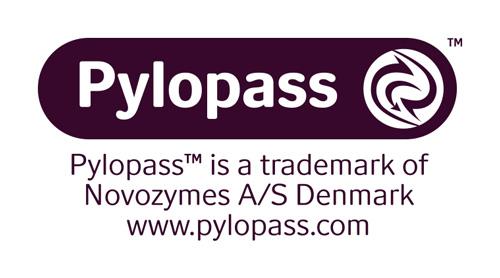
Pylopass ™, new clinical study, proven efficacy in children
Pylopass ™ is a unique patented ingredient that reduces contamination by H pylori, the first risk factor for ulcers and gastritis.
After having shown its effectiveness in adults through 8 clinical studies, it is promising for the digestive health of children. It is stable under gastric conditions, has no side effects.
Children are considered special cases when infected with the Helicobacter pylori bacteria. Their not very mature microbiota is weakened. The pathogen H pylori, living in acidic environments such as the stomach, causes chronic inflammation of its wall causing disruption of the digestive cells which can go as far as ulcers and gastric cancers.
The treatment generally used to fight the infection is based on antibiotics, proton pumps and bismuth. However, their use involves unwanted short and long term side effects, such as dependence, digestive discomfort, dysbiosis and other diseases.
Pylopass™ has been shown to be effective in children in combating this type of infection in a randomized, double-blind, placebo-controlled clinical study (Kornienko et al. 2020).
The results on 103 patients contaminated with H. pylori, aged 9 to 17 years, show that taking Pylopass™ made it possible to eradicate H. pylori in 50% of the cases after 28 days and 60% after 56 days. Clinical outcomes, such as signs of inflammation and atrophy, have decreased significantly. These results are comparable to those of the standard treatment (omeprazole, amoxicilin, metronidazole and bismuth) which achieves 69% eradication after 28 and 56 days.
Pylopass™ has the potential to eradicate Helicobacter pylori in more than half of the cases in children without causing the undesirable side effects of conventional treatment.
Do not hesitate to contact us for more information !
Source : Kornienko EA, Parolova NI, Ivanov SV, et al. ; 2020. Gastric microbiota and probiotics opportunities in helicobacter pylori eradication in children. Gastroenterol Hepatol Open Access, 11(1):13‒23. DOI: 10.15406/ghoa.2020.11.00407
